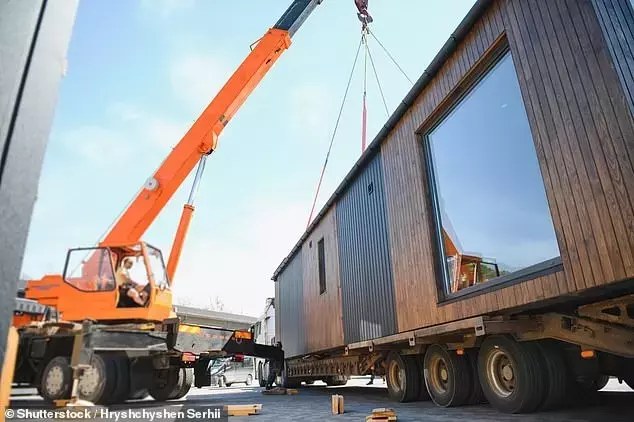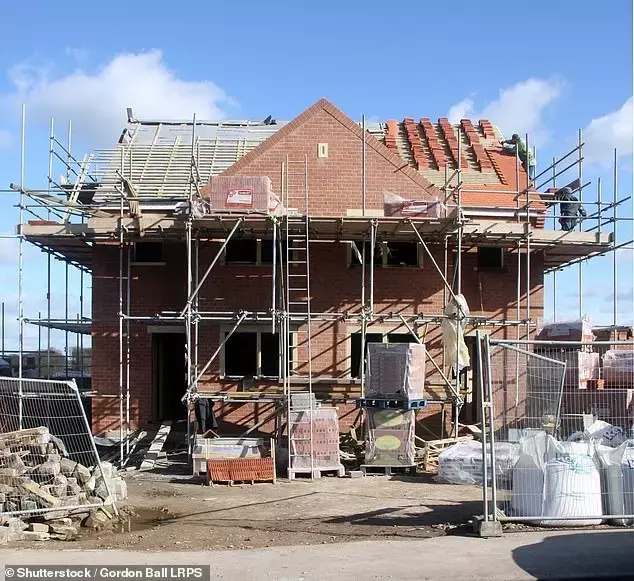



Bridging the Housing Gap: Can the UK Deliver on its Promise?
Current Trajectory: Far from the Mark
Official data from the Office for National Statistics paints a concerning picture of the government's progress towards its housing aspirations. Between January and March of the current year, a mere 38,780 new residential units were completed. To stay on schedule for the 2029 objective, approximately 75,000 homes would need to be finished each quarter, translating to an annual output of around 300,000 properties. The existing completion rate falls significantly short, with a deficit exceeding 36,000 units in the most recent three-month period. Over the nine months from July 2024 to March 2025, a total of 129,510 homes were built, further emphasizing the challenge ahead.
Expert Skepticism: A Recurring Theme
The sluggish pace of construction comes as no surprise to many within the property sector. Industry insiders have consistently voiced doubts regarding the government's ability to fulfill its housing commitments. Richard Donnell, an executive director at Zoopla, recently highlighted the unlikelihood of the current administration achieving the 1.5 million home target within this parliamentary term. He emphasized that while legislative reforms and increased funding are welcome, the core issue lies in stimulating demand across diverse housing types and price points, including a revitalized equity loan program similar to Help to Buy. Rob Dix, co-founder of Property Hub, echoed this sentiment, noting that no previous government has successfully met its housing goals, particularly given the limited construction of affordable public housing.
Innovative Solutions: A Path Forward?
Despite the prevailing pessimism, a glimmer of hope remains for achieving the ambitious housing target. Ross Dalzell, managing director of property at Aldermore bank, advocates for a strategic shift towards modern construction methodologies, particularly the widespread adoption of prefabricated homes. These factory-built structures offer a faster assembly process and require fewer on-site workers, potentially accelerating delivery significantly. Dalzell stresses the need for a comprehensive national strategy and a government-backed warranty scheme to support such innovative approaches. Furthermore, he calls for enhanced incentives for small and medium-sized developers, recognizing their crucial role in boosting housing supply. Initiatives like the £100 million SME accelerator loans and the new National Housing Delivery Fund are seen as positive steps, but further bold action across all stages of the housing development cycle is deemed essential for success.
